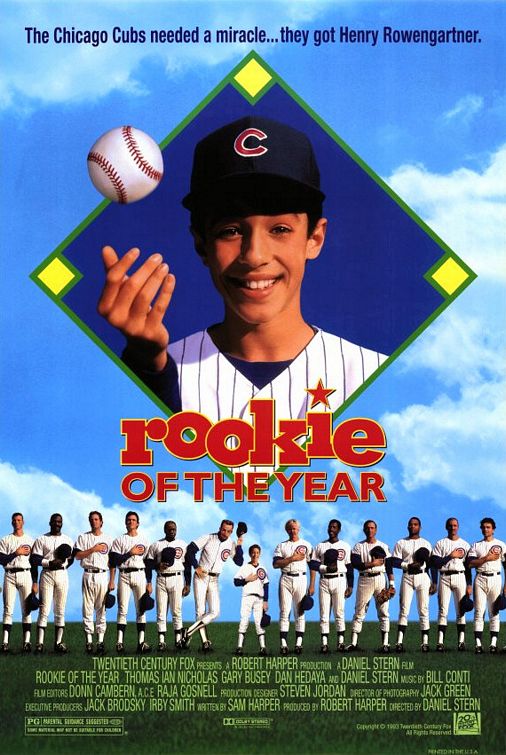Disney, Fox, WBD Appeal Ruling That Blocked Joint Venture
By Movieguide® Contributor
Disney, Fox and Warner Bros. Discovery are appealing a court ruling that temporarily blocked their new sports streaming venture, Venu Sports.
Sports streaming service FuboTV requested a preliminary injunction to block Venu’s launch, saying it will “irrevocably reduc[e] competition in the market and harm…consumers,” per Deadline.
Movieguide® reported on the injunction:
Per ESPN, “United States District Judge Margaret M. Garnett in the Southern District of New York said in her 69-page ruling Friday that Fubo was likely to be successful in proving that the joint venture would violate antitrust laws and that Fubo and consumers would ‘face irreparable harm in the absence of an injunction.’”
Venu Sports was set to aggregate 15 linear TV networks, offering “cord-cutters access to a host of sporting events drawing from each of the media companies’ portfolios, including the NFL, NBA, MLB, NHL, tennis, soccer, golf, NASCAR races and UFC matches.”
Disney, Fox and Warner Bros. Discovery jointly filed to appeal the ruling.
“We believe that Fubo’s arguments are wrong on the facts and the law, and that Fubo has failed to prove it is legally entitled to a preliminary injunction,” the companies stated after the injunction. “Venu Sports is a pro-competitive option that aims to enhance consumer choice.”
There is no update from Judge Margaret M. Garnett regarding the appeal. However, she explained in the injunction why she ruled the way she did: “If the JV launches, witness testimony and documentary evidence firmly establish that a swift exodus of large numbers of Fubo’s subscribers (both current and reasonably anticipated near-term future subscribers) is likely, and that Fubo’s bankruptcy and delisting of the company’s stock will likely soon follow. These are quintessential harms that money cannot adequately repair.”
According to The Wrap, “Fox, Disney and WBD were set to each own a 1/3 stake, have equal board representation and license their sports content on a non-exclusive basis. Rather than split revenue equally, the companies would earn a carriage fee similar to other distribution channels such as cable. Each company would be responsible for selling their own advertising and retain ad revenue.”
Questions or comments? Please write to us here.


 - Content:
- Content: 

 – Content:
– Content: 